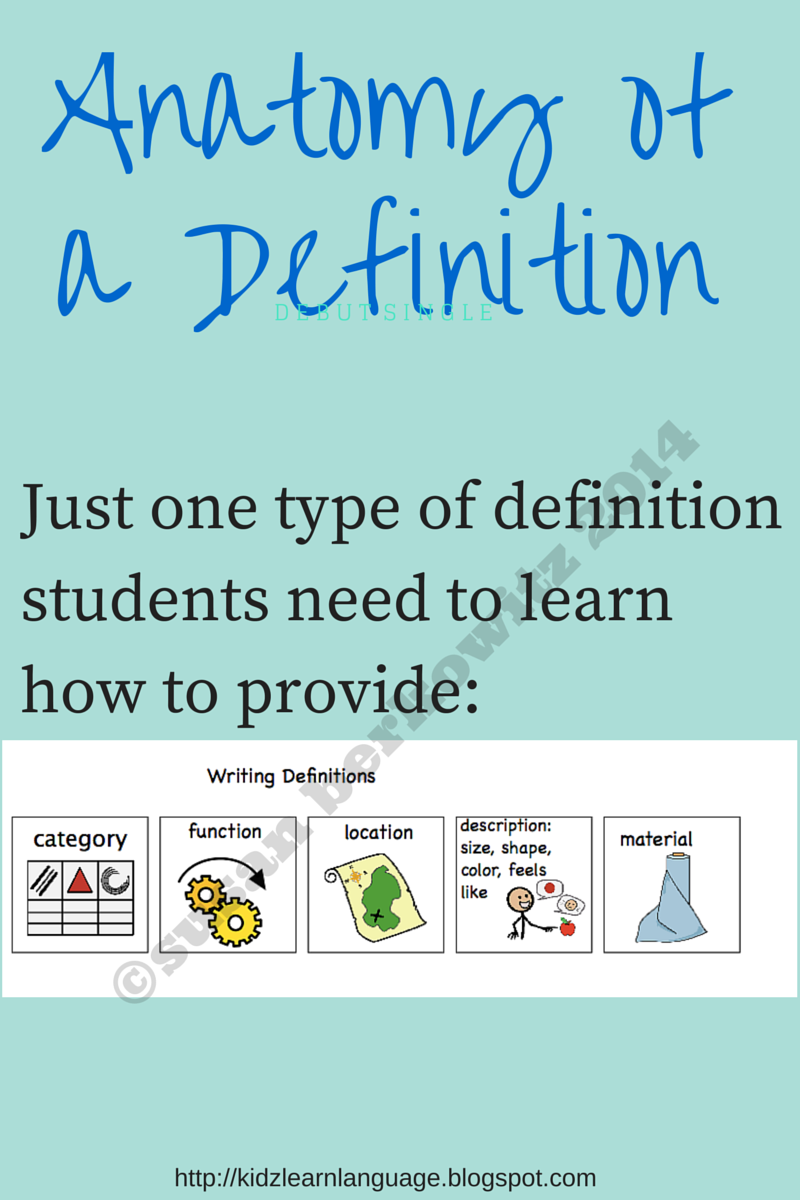I spend a lot of time in mediation meetings and Due Process Hearings. I did it as an administrator. I did it as a clinician in a district. Now I do it as an "expert witness." I have a lot of not-so-funny stories that come out of these things, and I spend a lot of my time shaking my head.
So, as I was hunting for a topic for this week's post, a memory came to me of a particularly nasty - and ridiculous - IEP meeting; one which was dominated by the lawyers on both sides.
So, I read my report and presented my findings. Then the district's lawyer proceeded to try to pick them - and me - apart.
This is the part I hate about these things. I feel under attack. I don't mind my professional knowledge being attacked, because, frankly, I know I know what I'm doing. But some of these lawyers get personal about it.
Anyway, this particular lawyer was running through my recommendations, wanting me to cite chapter and paragraph - or number, to be exact - of the standard to which each recommendation referred. Now, this was before the Common Core State Standards and, quite frankly, I couldn't have told him any of the numbers of any of the standards at that time. It's just not something I ever memorized. Like the ICD-9 codes or diagnostic procedure codes. You look them up when you really need them.
So then he pounced on one recommendation in particular, in which I said that someone should be working on teaching this student how to define and describe and compare and contrast. (If you know my TPT resources, you know I'm big on this skill - and for a reason). Sounding masterful and triumphant, he defied me to quote the standard that required students to learn how to provide referential definitions.
He clearly didn't know what a referential definition was. Or is. I attempted to explain that students in classrooms in every school in every state in this country are asked to produce referential definitions every day of the school year. He wasn't listening. So pleased was he that he had found what he thought was a weakness in my report, he tuned me out.
For most of the kids I work with these days, being able to tell that a chair is a piece of furniture made of wood or metal that you sit on is a long-term goal. For most of the language learning disabled kids I've worked with - of whom this boy was one - being able to tell that Saturn is a planet in our Universe that has rings and - I think? - 3 moons and appears red when we view it and.... Yes, it's something we work on. (I, too, should perhaps work on my science skills.) Find me a Biology or Chemistry teacher
who can get through the year without referential definitions. Find me an English teacher, for that matter.
As the Common Core State Standards work their way through our schools and down into our special education classes and speech-language therapy caseloads, the role of SLPs will become more defined and more focused. We do know how to teach language. It's what we do. A speech-language pathologist is a person who.....
You get the idea.



No comments
Post a Comment